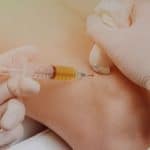You don’t have to choose between radiant skin and a strong immune system — good news: you get both when you fuel up on the right nutrients! 💪💁♀️
Turns out, your skin and immune system are more alike than you’d think. Both are fast-moving (rapid cell turnover), high-maintenance systems that need a steady supply of repair-and-defend nutrients to stay in top shape. When you give your body what it craves, it thanks you with fewer sick days and resilient skin that doesn’t quit.
Let’s break down three must-have nutrients that do double-duty — for your immunity and your complexion:
🍊 Vitamin C: The Glow-Getter + Germ-Fighter
For Your Immune System:
This antioxidant MVP protects your cells from illness-related stress and boosts the activity of white blood cells (aka leukocytes, your body’s first responders).
For Your Skin:
Vitamin C helps fight off signs of aging, UV damage, and pollution. Bonus? It’s essential for collagen production — aka skin’s bouncy, youthful scaffolding.
Where to get it:
Oranges, pineapple, lemons, broccoli, spinach, kale, and brussels sprouts.
Pro Tip: We love powdered Vitamin C — try 1000 mg, 2/day, but bump it up when you’re feeling under the weather.
🥕 Vitamin A: The Barrier Builder
For Your Immune System:
Think of Vitamin A as your body’s frontline defense — it helps your respiratory tract stay strong and supports antibody production for long-term immunity.
For Your Skin:
Vitamin A shields your skin from sun damage and may help fade dark spots and reduce acne (hello, retinol!).
Where to get it:
Carrots, bell peppers, sweet potatoes, leafy greens, eggs, and fish.
Pro Tip: Cod Liver Oil is a skin-and-immune-boosting powerhouse — with Vitamin A + D + Omega-3s all in one.
🦪 Zinc: The Repair Boss
For Your Immune System:
Zinc boosts the power of natural killer cells and other immune warriors — but your body doesn’t store it, so you need a regular supply.
For Your Skin:
Zinc promotes healthy skin turnover, wound healing, and may calm hormonal acne flare-ups.
Where to get it:
Shellfish, beans, red meat, pumpkin seeds… and yes, dark chocolate counts. 🍫
Pro Tip: Take 15–60 mg/day, ideally mid-meal to avoid nausea. Or opt for a trace mineral blend for extra coverage.
At FoRM Health, we specialize in whole-body beauty — blending Functional Medicine with Natural Aesthetic therapies for results that glow from the inside out. Whether you’re battling breakouts or just want to boost your bounce-back game, we’ve got you covered.
Want your skin and immune system on the same team? Let’s talk. Schedule a new patient visit with Dr. Kai Herman ND.






